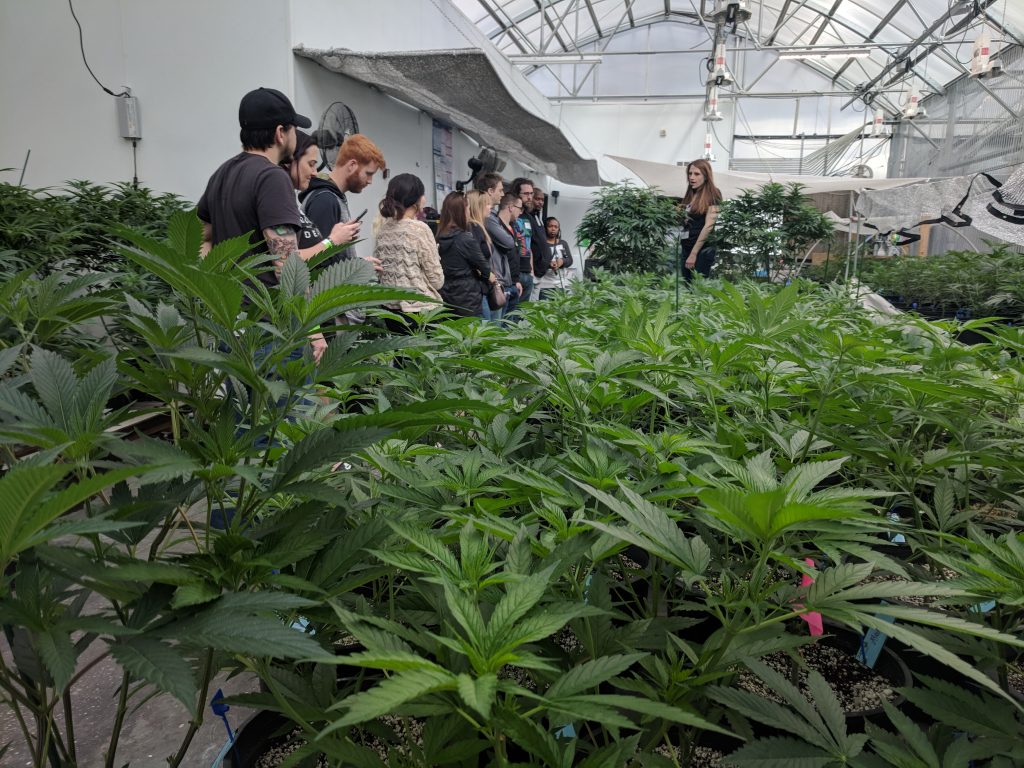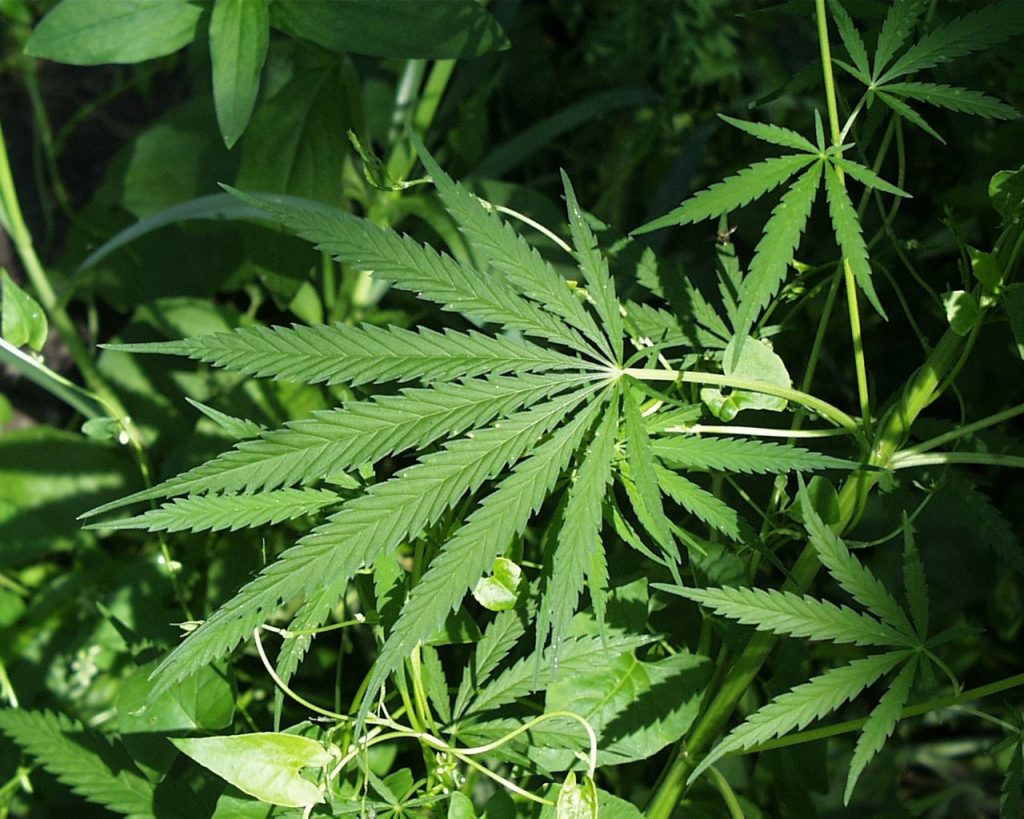More Evidence Links Marijuana With Psychosis

New evidence underscores what we have said for years: Marijuana use carries a number of dangers, including a link to psychosis.
Several past studies have found that more frequent use of pot is associated with a higher risk of psychosis — that is, when someone loses touch with reality. Now a new study published Tuesday in the The Lancet Psychiatry shows that consuming pot on a daily basis and especially using high-potency cannabis increases the odds of having a psychotic episode later.
“This is more evidence that the link between cannabis and psychosis matters,” says Krista M. Lisdahl, a clinical neuropsychologist at the University of Wisconsin, Milwaukee, who wasn’t involved in the study.
The article goes on to say the study found daily marijuana users were three times more likely to suffer a psychotic episode than non-users, and those who started using marijuana at 15 years of age or younger faced an increased mental health risk compared to those who started using marijuana when they were older.
Many of the study’s findings focus on use of “high potency” cannabis, but as the article notes, the average marijuana on the market in the U.S. and Europe qualifies as “high potency” cannabis — meaning the study has serious implications for everyone using so-called “medical” and recreational marijuana.
As we keep saying, marijuana may be many things, but “harmless” simply is not one of them.
Photo Credit: My 420 Tours [CC BY-SA 4.0 (https://creativecommons.org/licenses/by-sa/4.0)]





